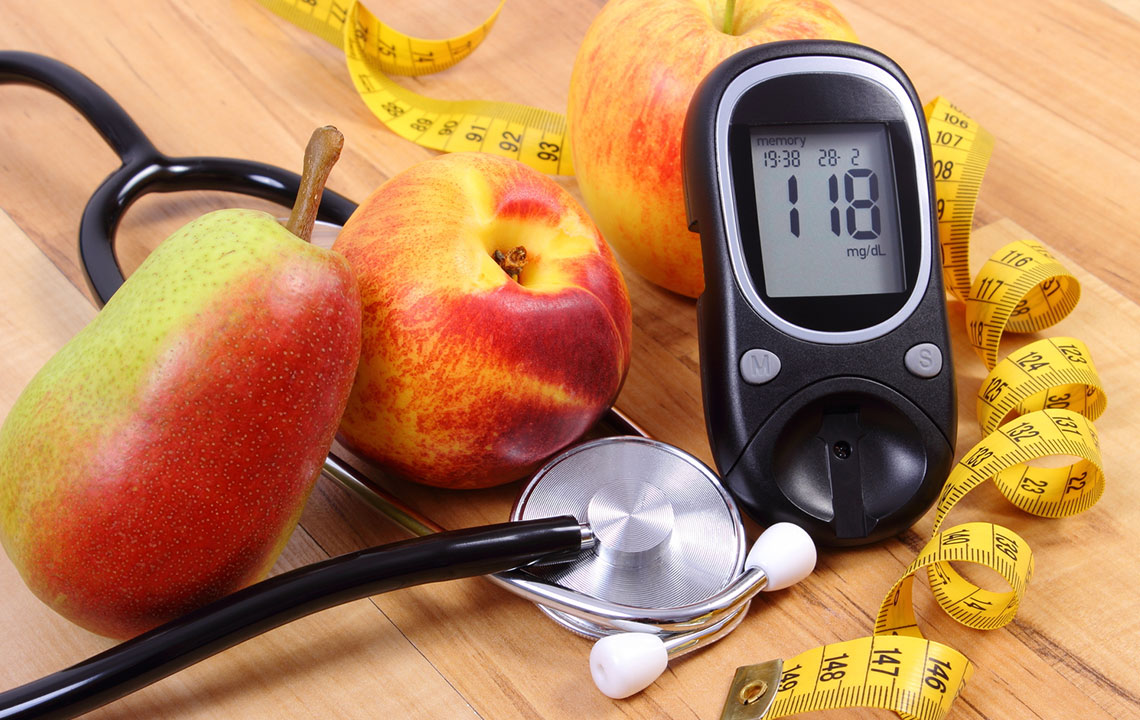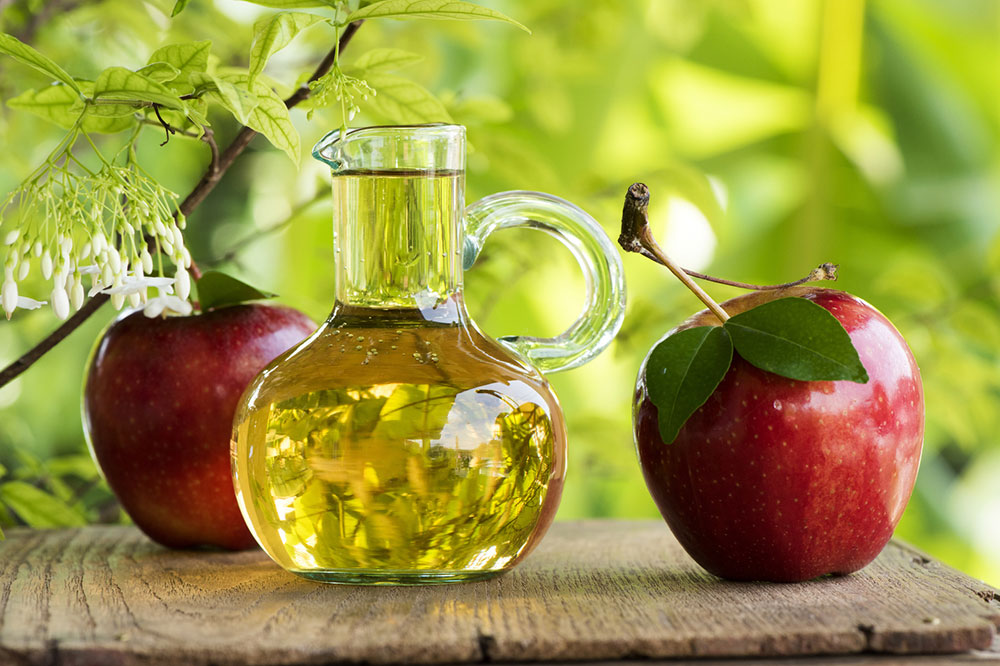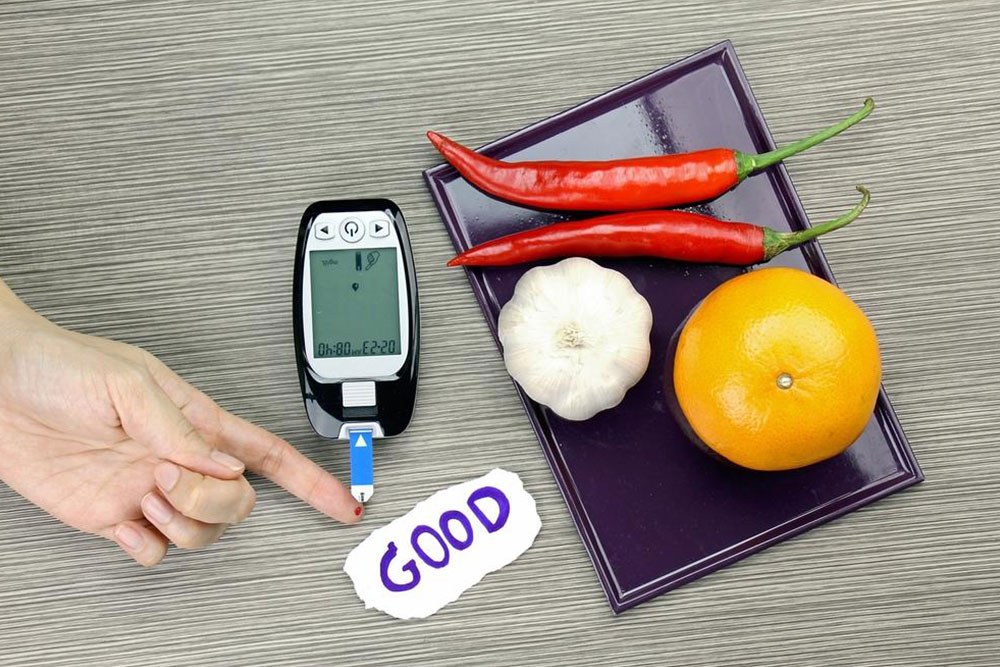Protecting Your Eyes: Recognizing Signs of Diabetes-Related Eye Issues and Foods to Limit
This article highlights critical signs of diabetic eye diseases like retinopathy and offers dietary tips to prevent worsening conditions. Recognizing early symptoms such as floating spots and blurry vision allows for timely intervention. It emphasizes avoiding foods that spike blood sugar, such as refined carbs and high-sugar fruits, to maintain eye health. Regular check-ups and a balanced diet are key to managing diabetic eye complications effectively and preserving vision, especially in working-age adults affected by diabetes.

Protecting Your Eyes: Recognizing Signs of Diabetes-Related Eye Issues and Foods to Limit
People with Type 2 diabetes face a higher risk of developing specific eye conditions, including diabetic retinopathy and diabetic macular edema. These eye problems predominantly affect working-age adults and are a leading cause of blindness in this group. Fortunately, certain lifestyle adjustments and dietary choices can help prevent or slow their progression. This article explores the warning signs of diabetic eye diseases and foods that may exacerbate these conditions.
Early warning indicators
Floating spots
Experiencing intermittent or persistent floating spots in your vision may signal diabetic eye issues like retinopathy, caused by damage to blood vessels supplying the eyes.
Such spots result from blood vessel damage due to high blood sugar levels, disrupting the eye's nourishment.
Blurry vision
Blurriness can be an early symptom of diabetic eye issues, often caused by leaking blood vessels that cloud the eye’s interior. Leakage into the central retina, known as the macula, can cause significant visual distortion.
Peripheral vision loss
Some diabetic individuals may notice a gradual narrowing of their side vision, a condition linked to glaucoma. This buildup of fluid in the eye can lead to tunnel vision if untreated.
Foods to avoid
Certain foods can significantly impact blood sugar levels and worsen diabetic eye complications. Limiting or avoiding these can support eye health:
Refined white foods
Items like white rice, bread, flour, and pasta contain less fiber and cause blood sugar spikes, increased blood pressure, and cholesterol issues, all of which can threaten eye health.
Sugar-heavy fruits
While fruits contain natural sugars, excessive intake—such as in dried fruits, fruit juices, and high-sugar varieties—can disrupt blood sugar control and potentially contribute to eye problems in diabetics.










